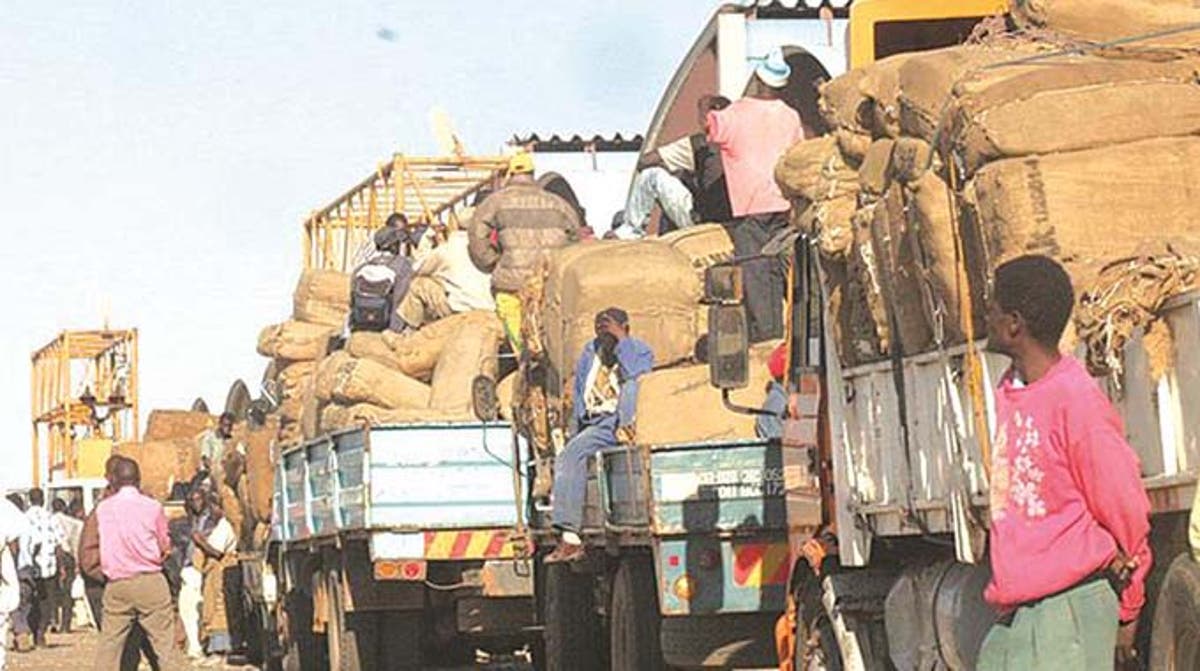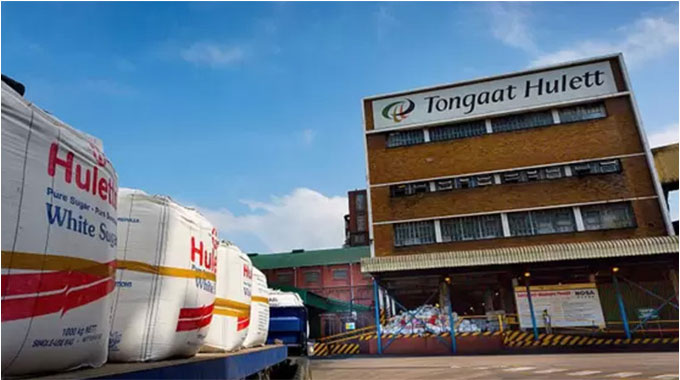Tongaat board slammed for publishing restructuring plan its lenders knew nothing about
The board of financially distressed JSE-listed sugar producer and property company Tongaat Hulett has been criticised for announcing a board-approved restructure plan for the company that its lenders had neither received nor approved.
Tongaat’s lenders last week rejected the proposed restructuring plan and indicated they would not advance further funds to the company, resulting in Tongaat’s board announcing on Thursday it had decided to embark on voluntary business rescue proceedings.
Tongaat’s South African operations are drowning in a pool of debt estimated at more than R5 billion, with a new R600 million short-term borrowing facility obtained on 29 July to assist an about R1.5 billion working capital shortfall now due for repayment.
An industry insider said Tongaat’s board “painted themselves into a corner” and is flabbergasted the company published a debt restructuring plan that was approved by the board but without the approval of the lenders.
“It’s like announcing your wedding before you ask your prospective wife,” he said. “It’s stupid.”
‘Checkmate’
The insider said the moment the lenders declined Tongaat’s request, it was “checkmate”.
Tongaat legally, in terms of the Companies Act, then had to conclude that it was in financial distress because it could not meet its liabilities that were due and payable and the banks were not going to advance it any more money, he said.
Shareholder activist Chris Logan said it is “hugely sad” Tongaat has had to go into business rescue, which has massive socio-economic consequences.
He said the root problem is that for probably the past 12 years Tongaat’s SA sugar operations have not been economically viable but this was hidden from view because of all the fraud in the company that resulted in the company reporting profits when there were “raging losses”.
Logan said Tongaat reported operating losses totalling R1.61 billion over its last four financial years from 2018 until 2021.
‘Too little, too late’
He doubts its SA sugar operations will ever be economically viable because of the low yield from sugar production in the area and the lack of a reliable supply of water.
He said the latest debt restructuring plan dated 14 October looked under the circumstances like a good plan but once the company has been placed in business rescue “it’s too little, too late”.
Logan believes something positive could possibly come out of the business rescue proceedings but tough decisions will need to be taken quickly.
However, he does not know how they will deal with the potential socio-economic catastrophe that will be caused by the financial woes of the SA sugar operations.
“The South African sugar operations are a mess. You are wrestling with an uneconomic situation.
“The fraud was helluva destructive. It stopped people taking the necessary remedial action because they did not know the truth,” he said.
“They were fed fairy tales.”
The fraud at Tongaat is related to the National Prosecuting Authority (NPA) in February charging several former executives and a Deloitte audit partner with fraud totalling R3.5 billion.
This followed an investigation spanning almost two years into the accounting irregularities at the company that forced the group to restate its financial results for two prior years.
‘Looming catastrophe’
SA Canegrowers warned last week about a catastrophe looming in the sugar sector and for its thousands of workers in KwaZulu-Natal because of Tongaat going into business rescue.
SA Canegrowers chair Andrew Russell said Tongaat’s business rescue proceedings mean the company has lost access to its bank accounts, which means the more than R401 million that was due to be paid to growers at the end of October will likely not be transferred on time.
“This will have dire financial consequences for growers as well as the farm workers they support.
“This situation could plunge thousands of growers and workers into destitution and raises the risk of unrest in KwaZulu-Natal’s rural cane growing communities.”
Russell said payments to supplying growers are made in the month following delivery, adding that the payments due at the end of October are for sugar cane delivered in September.
“For a number of small-scale growers, September marked their first deliveries of the season, and any default on these payments will have devastating impacts on their livelihoods, as well as the communities they support,” he said.
Russell added that questions also remain about how payments will be made for deliveries in October, November and December, which means the impact on growers is likely to worsen if the mills do not remain operational.
Blinkers, misrepresentation
The industry insider claimed Tongaat’s board, which has been in place for three years, has “done absolutely nothing” and has “presented an unrealistically rosy picture”.
“If you go back to even December, they were presenting a pretty promising outlook,” he said.
The insider said it is disgraceful that shareholders and stakeholders do not even know how much Tongaat is in the “red” and is critical of company claims that the JSE will not allow it to issue unaudited results.
“That is complete bull*. In the public interest, they could have issued a statement of management accounts,” he said.
The insider suspects Tongaat’s lenders rejected the plan and the advancement of further funds because they ran out of patience with the Tongaat board.
He believes the essence of the problem is that Tongaat was advanced too much debt during a period when it was clearly overstating its prospects and the banks “bought this hook, line and sinker”.
‘Banks culpable’
“The banks lent too much money to Tongaat and should write off some of this money, particularly as they are charging almost micro-lending rates and have made billions out of Tongaat.
“They lent R13 billion to a company that they now want to lend nothing to but stakeholders can’t just demand the banks take a haircut.
“The banks must write off about R2 billion and R2 billion must come from investors, which should stabilise the company. There has to be a quid pro quo,” he said.
The insider said the industry is too important to fail and because the socio-economic implications are too great.
“It can’t fail, therefore somebody will own it and now it’s a case of how do you package it,” he said.
The JSE suspended trading in the shares of Tongaat Hulett on 19 July because of the failure of the company to publish its financial results within the stipulated period.-ebusinessweekly










